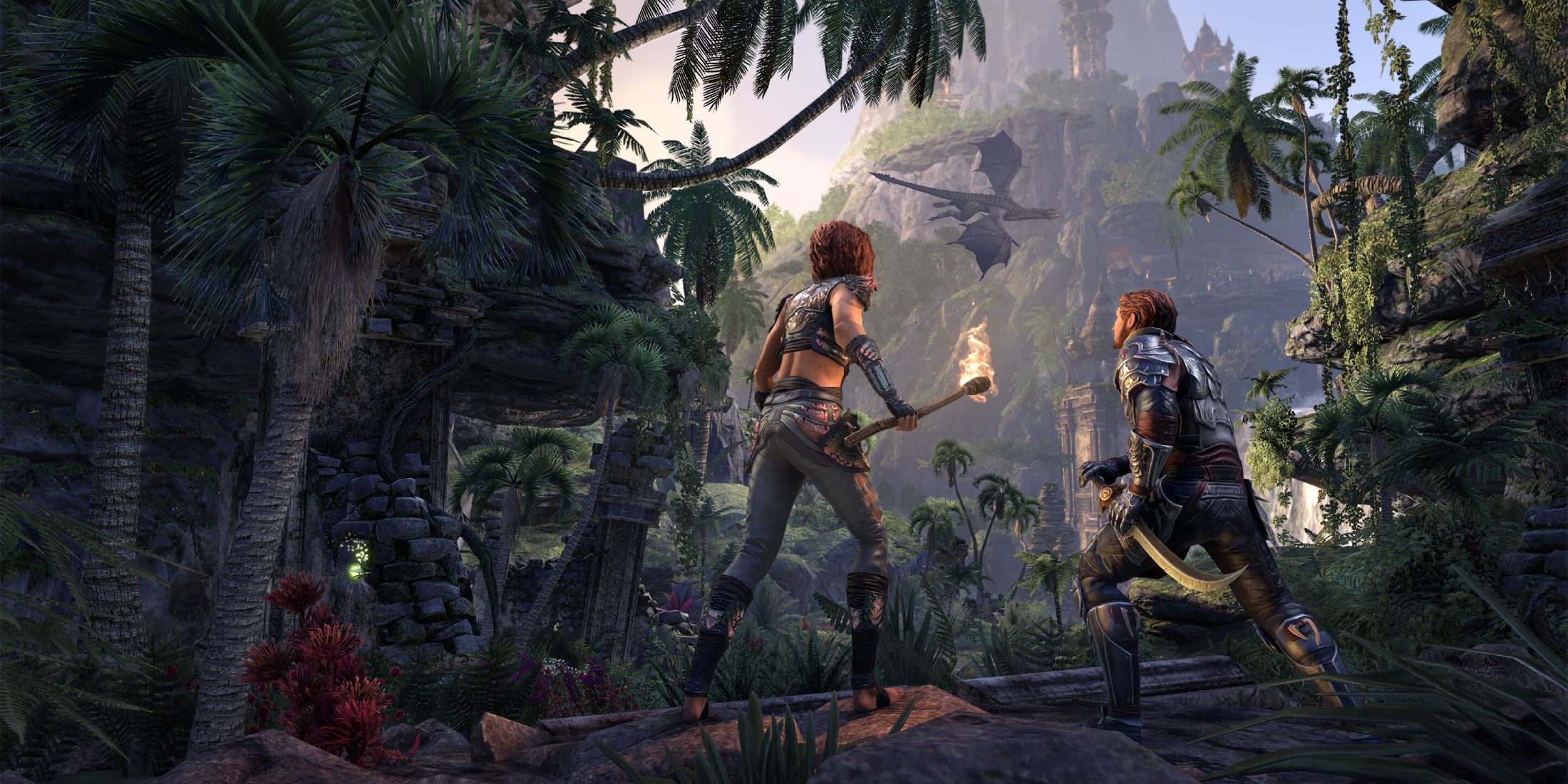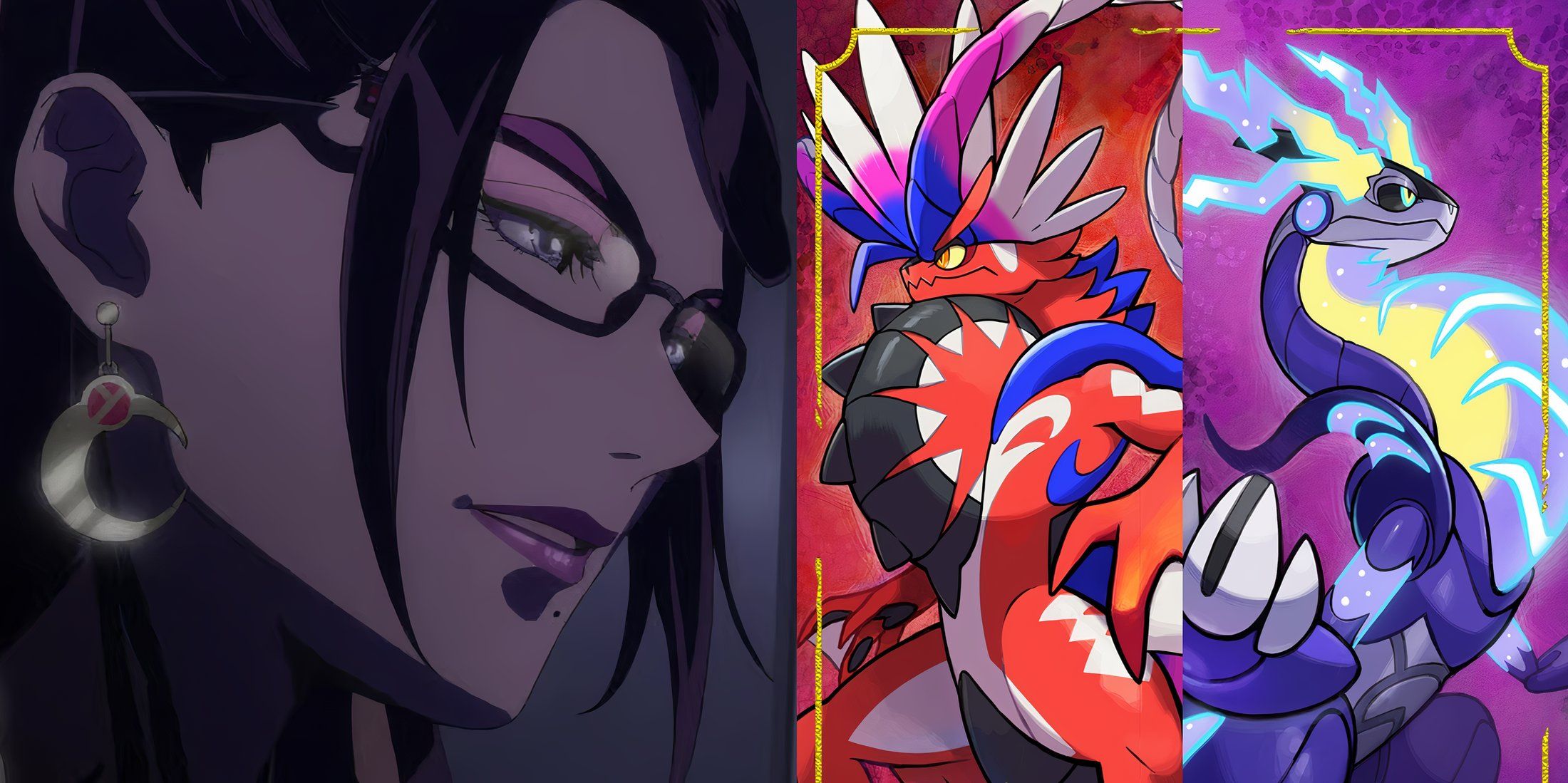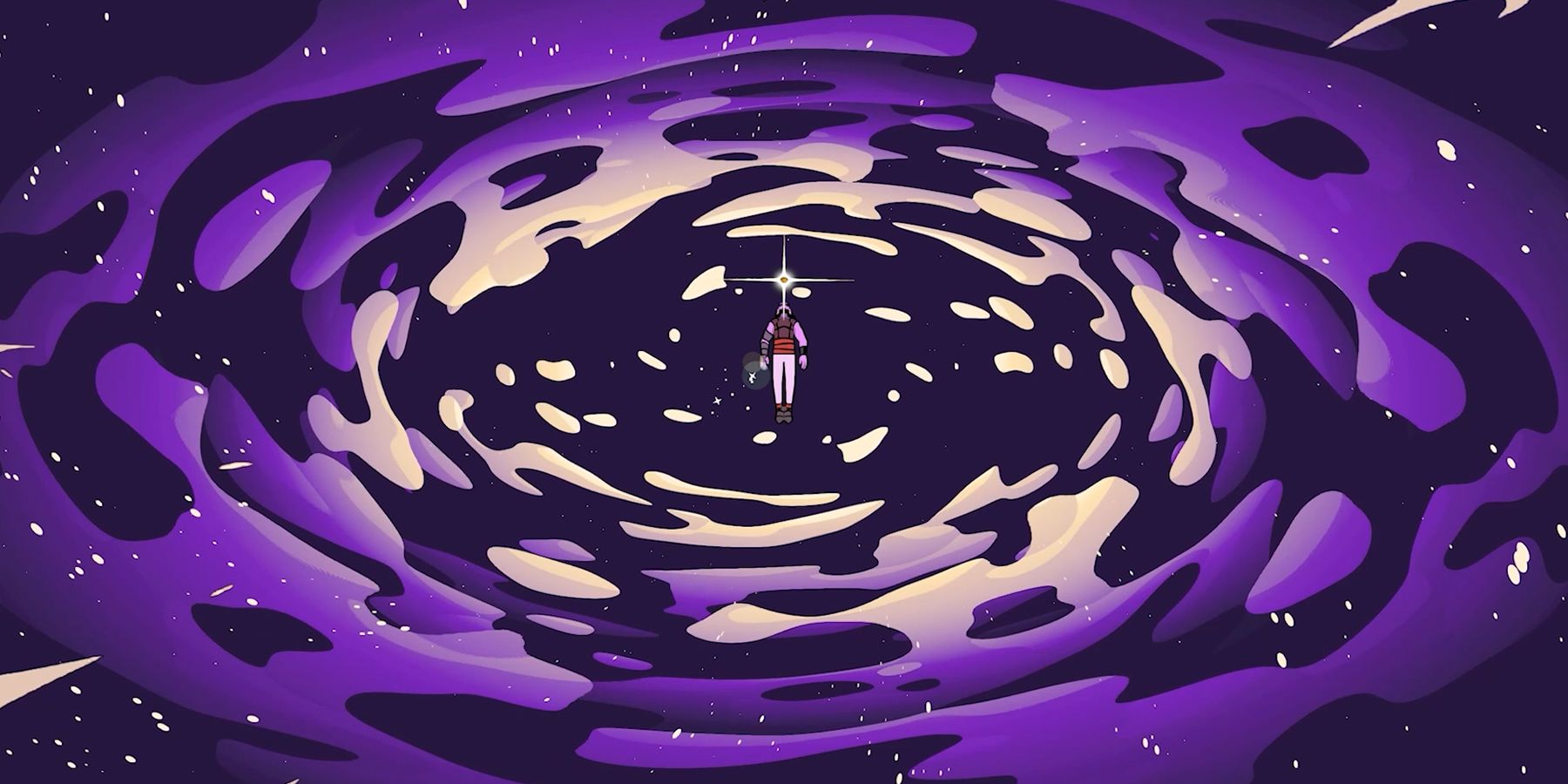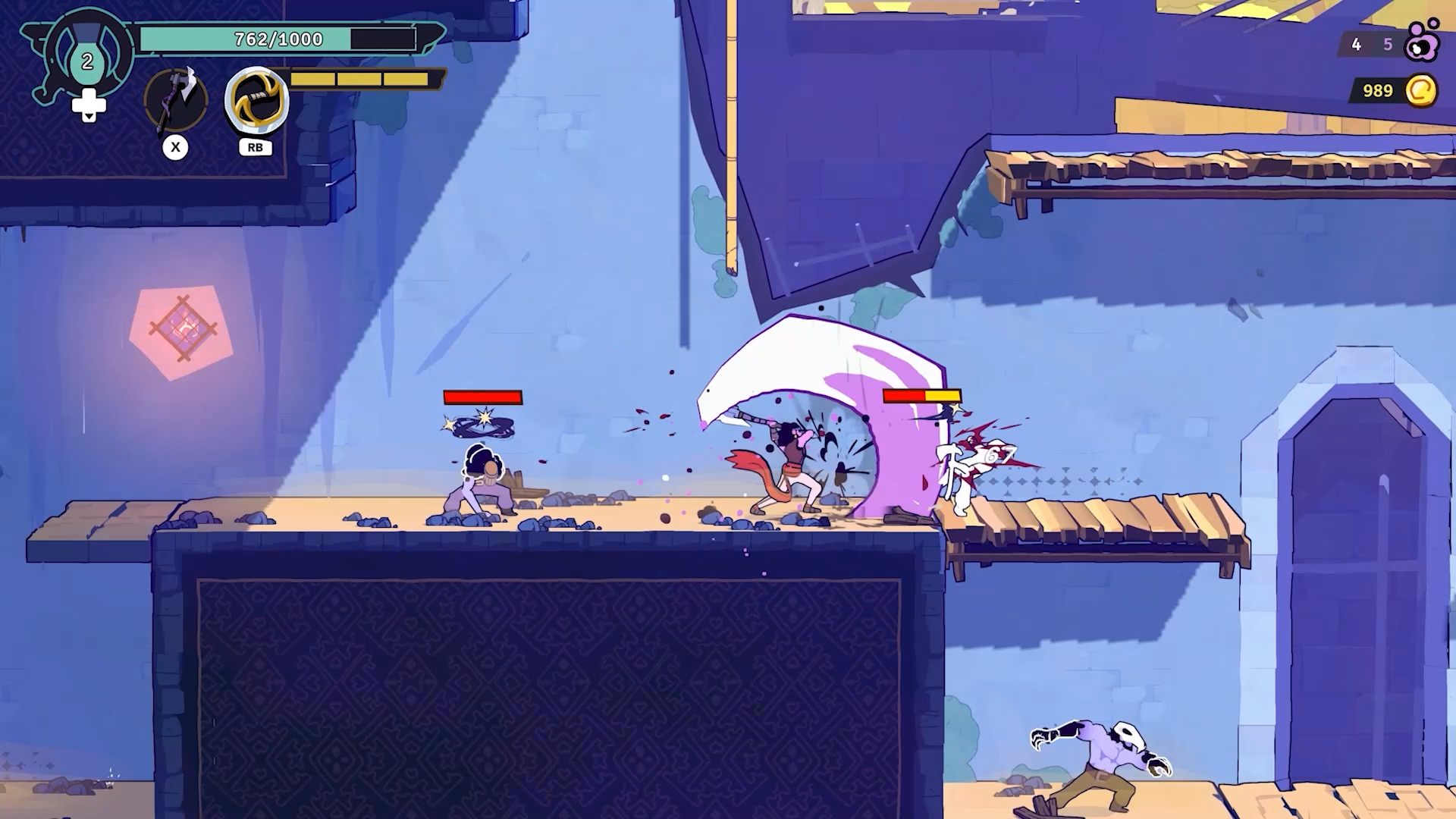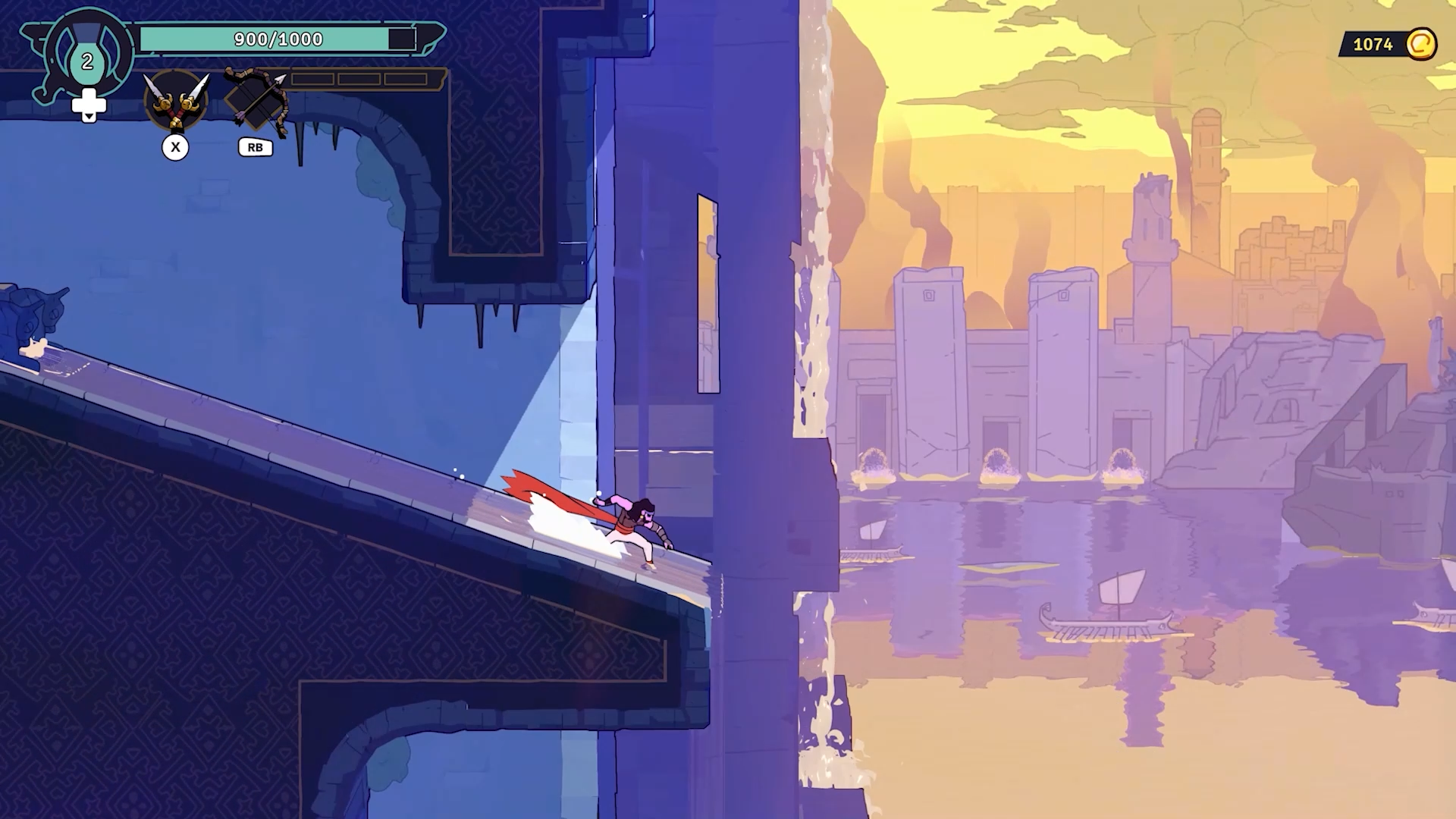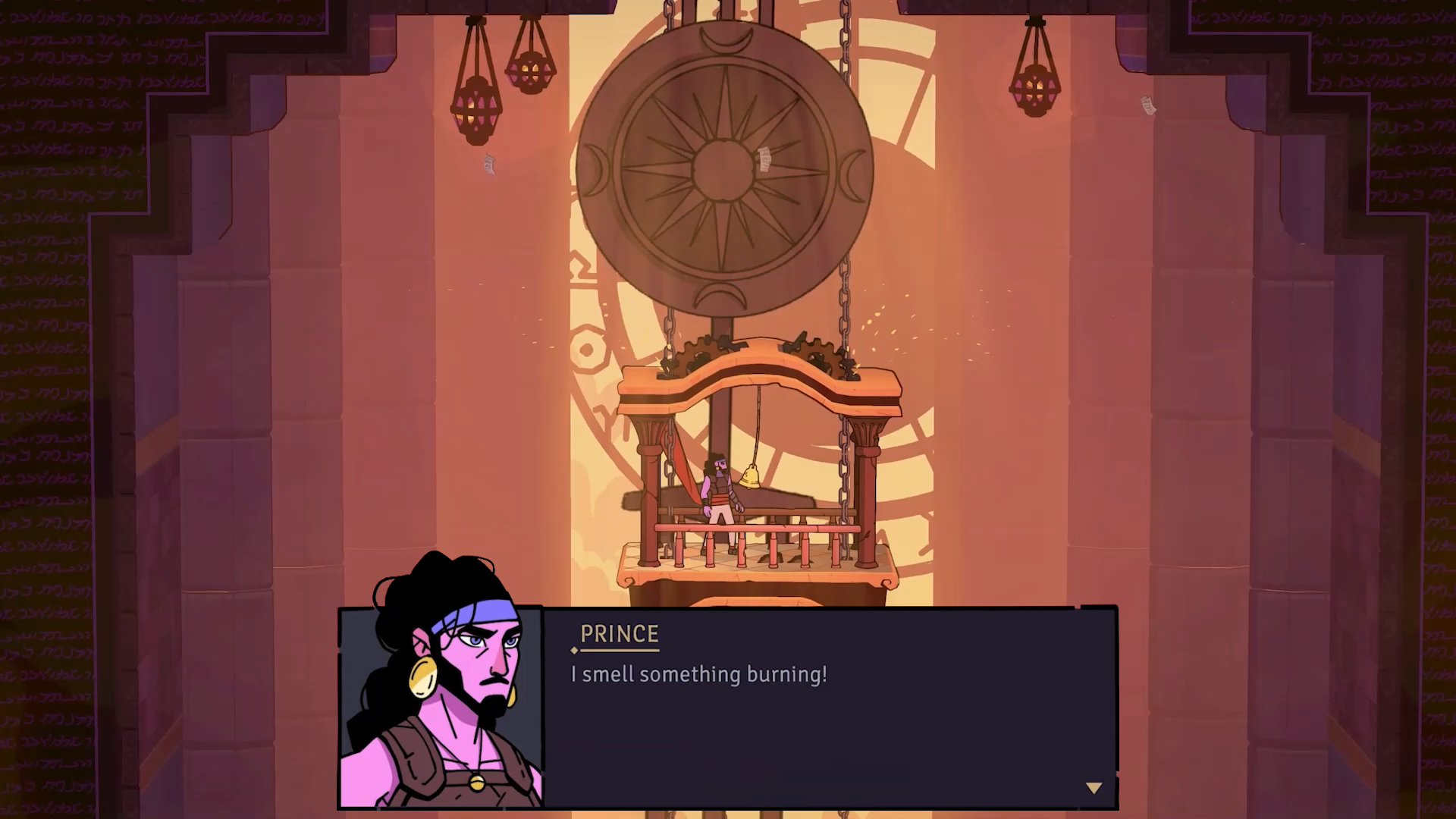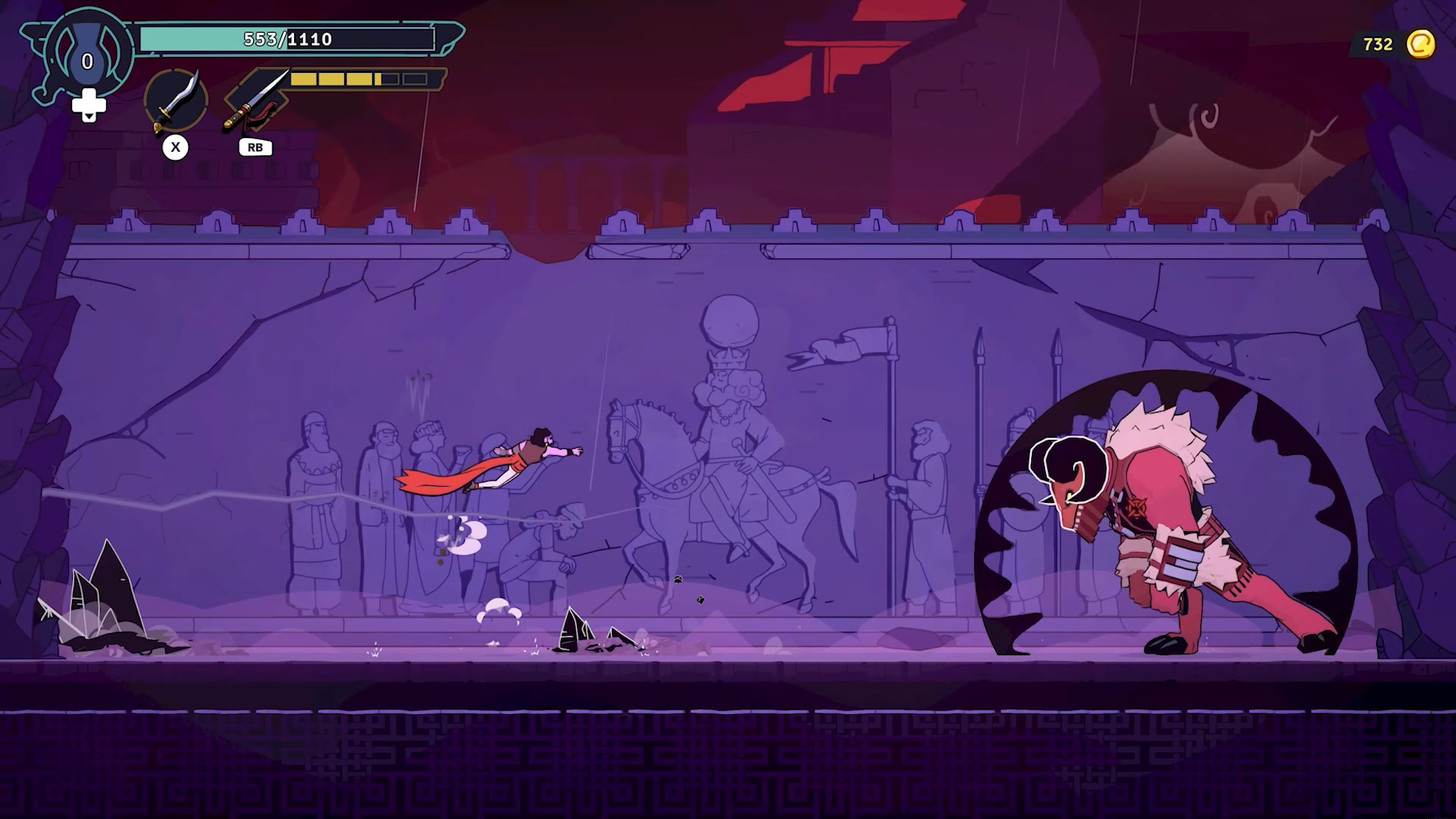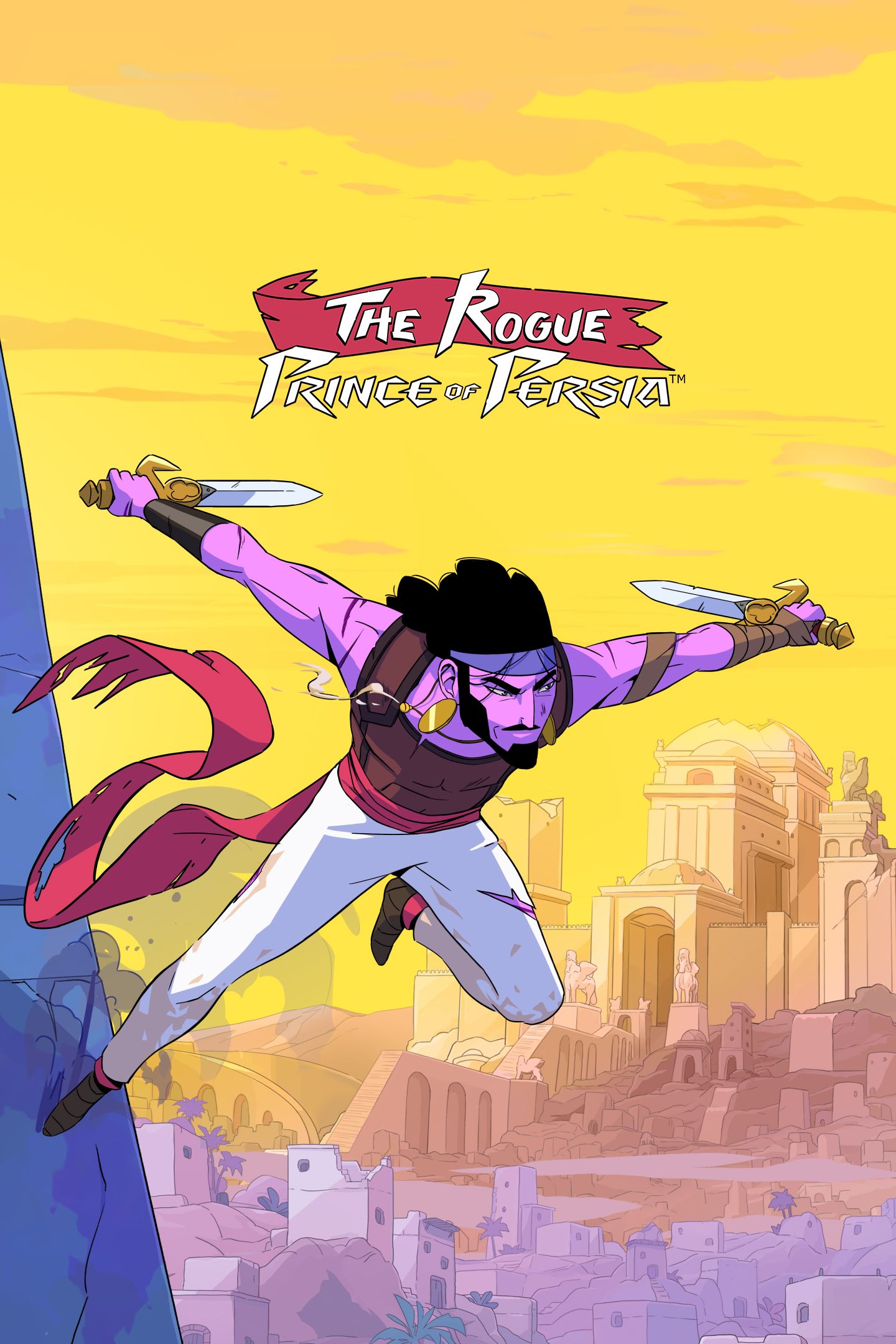The Rogue Prince of Persia is an upcoming roguelike entry in the long-running Prince of Persia franchise and is being developed by Evil Empire, the studio best known for its work on Dead Cells. By combining Prince of Persia’s trademark acrobatics with the tight game feel and addicting “one more run” loop of Dead Cells, Evil Empire is tapping into the best of both the Prince of Persia franchise and the roguelike genre.
Following our hands-on preview of The Rogue Prince of Persia, Game ZXC sat down with Evil Empire’s game director Lucie Dewagnier and art director Dylan Eurlings to discuss their approach to the game’s development and the team’s plans for the upcoming Early Access period that kicks off on May 14. This interview has been edited for brevity and clarity.
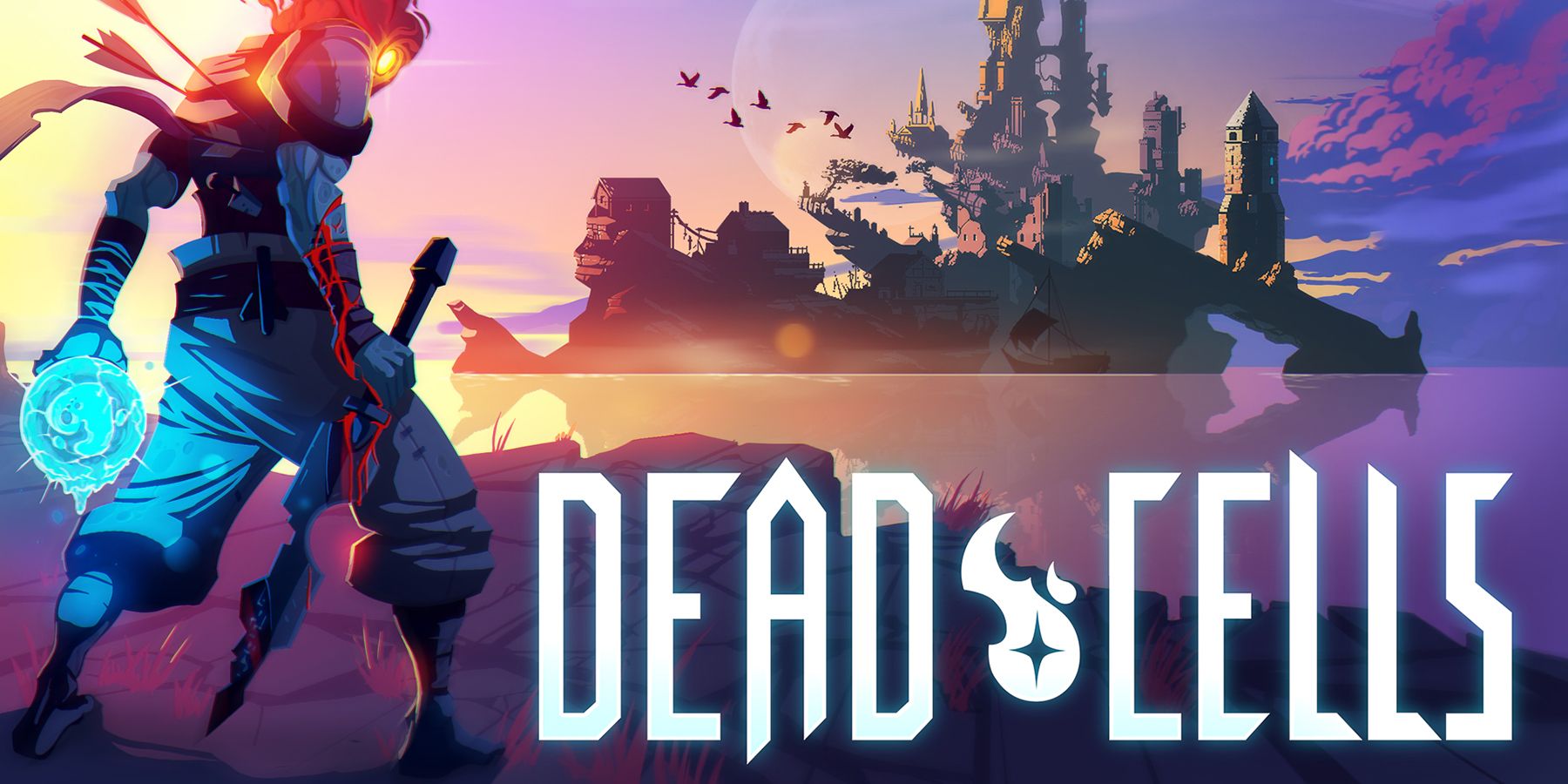
Interview: Evil Empire COO Talks Dead Cells, Crossovers, and the Future
Game ZXC sits down with Evil Empire COO Benjamin Laulan to reflect on Dead Cells' history and what's next for the roguelike sensation.
The Rogue Prince of Persia Benefits from Dead Cells and the Prince of Persia Series
Q: After working on Dead Cells and moving on to another roguelike, was there anything you wanted to do differently for The Rogue Prince of Persia or were there things you especially wanted to keep from Dead Cells?
Dewagnier: We wanted to make something new, something exciting. To make The Rogue Prince of Persia different from Dead Cells, we focused on the traversal elements and the movement. The game is all about movement. Everything moves. You always need to be asking yourself, “Where should I go and how should I go there?” You can move enemies, you can jump over them; everything is based on the movement.
We wanted to keep the game feel of Dead Cells. We wanted more of Dead Cells’ gameplay in terms of how everything feels nice and smooth to play.
Eurlings: Lucie talked about the acrobatic combat and movement and that's one of the main differences, but we also have the narrative side of the game that is a little bit more elaborate than in Dead Cells because we think it's one of the pillars of the Prince of Persia franchise. Its story is important, so it has a bigger place in TheRogue Prince of Persia.
Q: Speaking of Prince of Persia’s pillars, what did you feel was important to include so that this would feel like a true Prince of Persia game?
Dewagnier: For us, a Prince of Persia game is about the fluidity of movement and acrobatic combat, so we focused on that. As Dylan said, we also made an effort to blend the story into the gameplay. We tend to make the gameplay come first, and we put a lot of effort into making the storyline blend with the gameplay.
You’ll interact with the story by choosing your biomes, and in your run, you’ll be able to interact with characters in those biomes. Something might have changed in that biome, and you’ll be able to die and come back and try something else to see what happens and play with the time loop of the game.
We call that “Narrative Exploration” and you’ll be able to see one-third of it when Early Access launches.
The Rogue Prince of Persia's Gameplay and Early Access Plans
Q: On the subject of gameplay loops, roguelikes all have different approaches to the power curves players can achieve each run, some of them allowing players to become virtually unstoppable. What was your approach to that in The Rogue Prince of Persia?
Dewagnier: We want to be able to have those “god runs,” those totally broken runs. One time I had a build that made me launch missiles and I had a weapon that I could launch and it would come back to me, but I had modifiers to make it poison and fire so it’s an explosion. I was blasting everything and it was really fun.
We want to be able to have those god runs, but we don’t want the game to be totally broken. We want players who are new to roguelikes to be able to play the game, while also making the game interesting for veterans.
Eurlings: That’s where Early Access will be interesting for us because we will balance the game with the players. We will see where we stand on the difficulty level and maybe try to adjust it depending on who is playing our game and if they find it difficult or not.
Q: Of course, Prince of Persia: The Lost Crown was also released recently. What was your relationship with that team? Did you compare notes and coordinate things behind the scenes?
Dewagnier: Yeah, we absolutely compared notes. We played their game when they were still in the alpha stages, so it was near the beginning of development for The Rogue Prince of Persia. We communicated with each other regularly to make sure we were not doing the same things, and to take notes on what they were doing and what we were doing to make sure that we were making two different views of the same franchise.
Q: The Rogue Prince of Persia will initially be released into Early Access. What do you anticipate will be added or changed throughout that Early Access period?
Dewagnier: A lot of things! I’m excited to launch into Early Access because I want to talk with my players and I want to talk with the community. For Dead Cells, during Early Access and post-release, working with the community was a blast.
As Dylan said, we will change a lot of things on the balancing side of the game. We will certainly change how our progression system will work because I’m pretty sure some progression elements will be dropped or added. With community feedback, I think we’ll change a lot of things.
Eurlings: Those are things that we’ll change on the go depending on player feedback, but of course, we also have content that’s already planned. New biomes, new boosters, new weapons, et cetera, so we will do both at the same time.
Dewagnier: We plan to have twice the content we have now when we launch the game after Early Access.
Q: You’re pretty used to working on roguelikes by now, but were there any unexpected challenges you faced when working on The Rogue Prince of Persia?
Dewagnier: That’s a good question. I think from a design standpoint, the progression system was a bit harder to approach. We worked on Dead Cells, and we had a lot of experience working on its progression system and making a lot of changes. I thought the progression system of The Rogue Prince of Persia would not be an easy task, but something approachable for us. Since we were so focused on the movement and traversal elements, I didn’t anticipate that the progression would be impacted by this focus on the movement.
[END]

